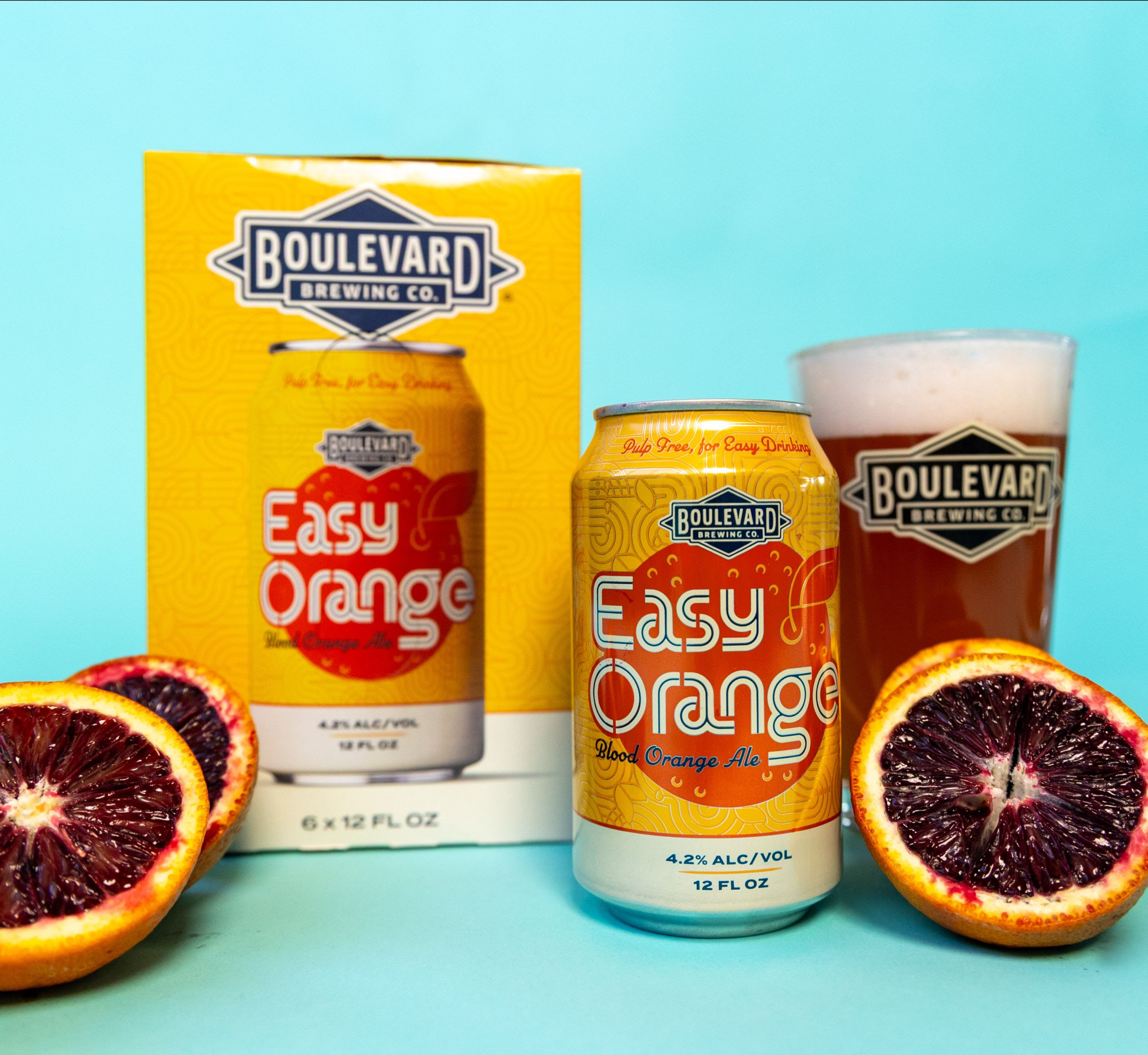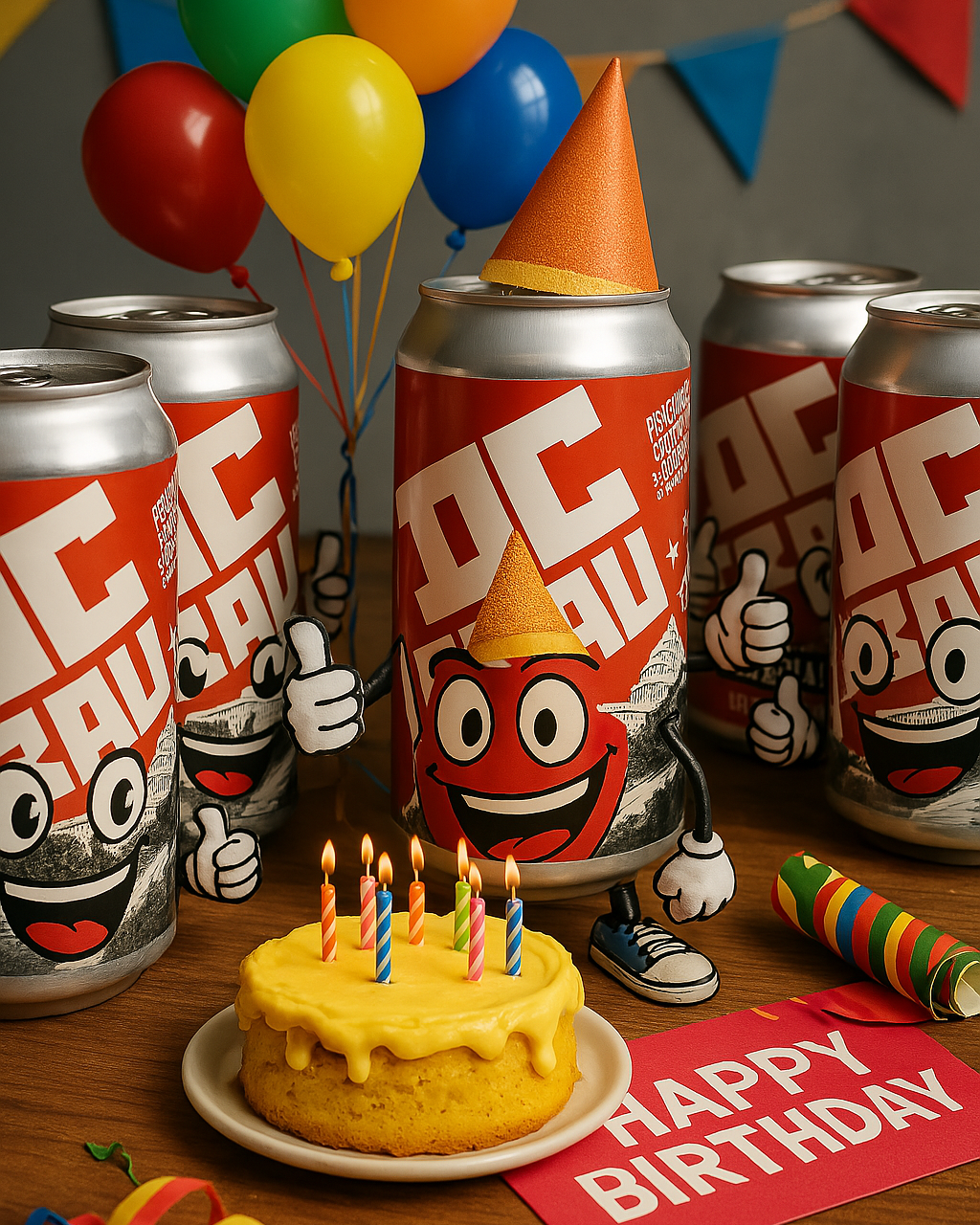WASHINGTON – The Department of Justice filed a civil antitrust lawsuit today challenging Anheuser-Busch InBev’s (ABI) proposed acquisition of total ownership and control of Grupo Modelo. The department said that the $20.1 billion transaction would substantially lessen competition in the market for beer in the United States as a whole and in 26 metropolitan areas across the United States, resulting in consumers paying more for beer and having fewer new products from which to choose.Americans spent at least $80 billion on beer last year.
According to the department, ABI’s Bud Light is the best selling beer in the United States and Modelo’s Corona Extra is the best-selling import. Because of the size of the beer market in the United States, even a small increase in the price of beer could result in billions of dollars of harm to American consumers, the department said.
The department’s lawsuit, filed in the U.S. District Court for the District of Columbia, seeks to prevent the companies from merging and to preserve the existing head-to-head competition between the firms that the transaction would eliminate.
“The department is taking this action to stop a merger between major beer brewers because it would result in less competition and higher beer prices for American consumers,” said Bill Baer, Assistant Attorney General in charge of the Department of Justice’s Antitrust Division. “If ABI fully owned and controlled Modelo, ABI would be able to increase beer prices to American consumers. This lawsuit seeks to prevent ABI from eliminating Modelo as an important competitive force in the beer industry.”
ABI and Modelo–the largest and third largest beer firms, respectively–together control about 46 percent of annual sales in the United States. MillerCoors, the second largest beer firm, accounts for about 29 percent of nationwide sales. Beer is generally grouped into four distinct segments by industry participants–sub-premium, premium, premium plus and high-end. The sub-premium segment includes: Busch (owned by ABI); and Keystone (owned by MillerCoors). The premium segment includes: Bud Light; Coors Light; and MillerLite. The premium plus segment includes: Michelob (owned by ABI); and Modelo Especial (owned by Modelo). The high-end segment includes: imports such as Corona (owned by Modelo) and Heineken; and a variety of craft beers.
According to the department’s complaint, the U.S. beer market is already highly concentrated, and prices are increased by strategic interactions among the largest brewers, including ABI and MillerCoors. ABI generally acts as the price leader, implementing annual price increases in the sub-premium, premium and premium plus segments of the U.S. beer industry. MillerCoors and other brewers have typically joined the ABI price increases, while Modelo has not.
By pricing aggressively, Modelo–through its importer, Crown Imports–puts pressure on ABI to maintain or lower prices, especially in certain parts of the country. As a result, Modelo has become a particularly important competitor in the U.S. market.
The complaint quotes internal company documents demonstrating both ABI’s determination to maintain its upward price leadership in the U.S. beer industry and Modelo’s present-day position as a significant competitive threat to ABI:
-
ABI has implemented a “conduct plan,” whereby ABI hopes to establish “the highest level of [price] followership” by its large rivals by being as “consistent,” “simple” and “transparent” as possible;
-
ABI believes that its conduct plan provides the highest possibility of “sustaining a price increase” and “ensuring competition does not believe they can take share through pricing”;
-
By contrast, Modelo’s pricing strategy in the United States is known as the “momentum plan” and aims to narrow the “price gap” between Modelo’s imports and domestic premium beers, such as ABI’s Bud Light, stealing market share from ABI by enticing consumers to “trade up” to Modelo beer; and
-
ABI executives acknowledge that Modelo has “put increasing pressure” on ABI competitively, and that Modelo’s strategy is at odds with ABI’s well-established practice of leading prices upward with the expectation that its competitors will follow.
The complaint also discusses ABI’s efforts to target Corona. ABI considered Corona to be a significant threat, and launched Bud Light Lime in 2008 to compete with Corona. ABI went as far as to mimic Corona’s distinctive clear bottle. Ultimately, instead of trying to compete head-to-head with its own product, Bud Light Lime, ABI is thwarting competition by buying Modelo.
The department alleges that ABI’s acquisition of total ownership and control of Modelo would eliminate the existing competition between ABI and Modelo, further concentrating the beer industry, enhancing ABI’s market power and facilitating coordinated pricing between ABI and the remaining large players. Consumers would, as a result, see higher prices and less innovation.
The department’s complaint also alleges that ABI and Modelo efforts to remedy the anticompetitive aspects of their transaction are inadequate. The complaint states that ABI has agreed to sell Modelo’s existing 50 percent interest in Crown to its Crown joint venture partner, Constellation. ABI would also enter into an exclusive agreement to supply Constellation with Modelo beer to import into the United States, although ABI can terminate this supply agreement after 10 years and would retain the Modelo brands and its brewing and bottling facilities.
“The companies’ attempt to fix this anticompetitive deal through t he sale of Modelo’s existing interest in Crown and a temporary supply agreement is not sufficient to prevent consumer harm from ABI’s acquisition of its competitor, Modelo,” said Baer.
The complaint states that the combined effect of the proposed acquisition of Modelo and the proposed fix is to eliminate from the marketplace a sophisticated brewing firm with a long history of success and replace it with an importer which will own no brands or brewing facilities and be totally dependent on ABI for its supply of Corona and other Modelo brands. The documents in the case show that as Crown’s CEO wrote to his employees after the acquisition was announced: “our #1 competitor will now be our supplier…it is not currently or will not, going forward, be ‘business as usual.’” The department’s complaint said that not only will competition be harmed by the loss of Modelo as a competitor, but by removing an independent brewer–Modelo–from the market, strategically coordinated pricing will become easier in the future.
ABI is a Belgian corporation with its principal place of business in Leuven, Belgium. In 2011, ABI had revenues of approximately $39 billion. ABI currently has a 43 percent voting interest and a 50.35 percent economic interest in Modelo. ABI has stated in its annual reports filed with the Securities and Exchange Commission that it does not have voting or other effective control of Modelo. Through the proposed acquisition, ABI would acquire control of, and the remaining economic interest in Modelo.
Modelo is a Mexican corporation with its principal place of business in Mexico City. In 2011, Modelo had revenues of approximately $7 billion.
From Anheuser-Busch:
Anheuser-Busch Stock fell over 6%.Anheuser-Busch InBev Statement Regarding DOJ Action
The U.S. Department of Justice’s action seeking to block the proposed combination between AB InBev (Euronext: ABI; NYSE: BUD) and Grupo Modelo is inconsistent with the law, the facts and the reality of the market place. On 29 June 2012, the companies announced an agreement under which AB InBev will acquire the remaining stake in Grupo Modelo that it does not already own. We remain confident in our position, and we intend to vigorously contest the DOJ’s action in federal court. Given today’s development, we no longer expect the deal to close during the first quarter of 2013. We will comment further once we have reviewed the DOJ filing.
From Constellation Brands (Modelo Owners):
Constellation Brands is disappointed with the DOJ decision. The proposed transaction would further establish Crown Imports as a more independent and competitive entity and solidify its position as a major player in the U.S. beer industry. We will provide further comment when appropriate.
Given today’s development, we no longer expect the deal to close during the first calendar quarter of 2013 but we ultimately look forward to an expeditious resolution.
Constellation Brands Stock prices fell over $7 per share
Update 2/1: Anheuser-Busch may need to sell a brewery to make the lawsuit go away which may be a deal breaker. This from Bloomberg:
AB InBev was unwilling to sell Modelo’s newest state-of-the-art beer bottling plant, located near Piedras Negras, Mexico, as a concession to win approval, two people familiar with the matter said last month. Selling the plant would take the supply of Corona in the U.S. out of AB InBev’s hands, reducing the likelihood the brewer could control Corona prices.
Any requirement to sell the brewery would be a dealbreaker, said the people at the time, asking not to be named because the matter wasn’t public.
The proposed transaction between AB InBev and Modelo would marry Bud Light, the top-selling U.S. brand, with Corona, the biggest import, and create a combined company with estimated revenue of about $47 billion this year.










0 comments (click to read or post):
Post a Comment
Please leave a comment...I do moderate each comment so it may not appear immediately...and please be nice! You can also comment using Disqus (below) or even comment directly on Facebook (bottom).